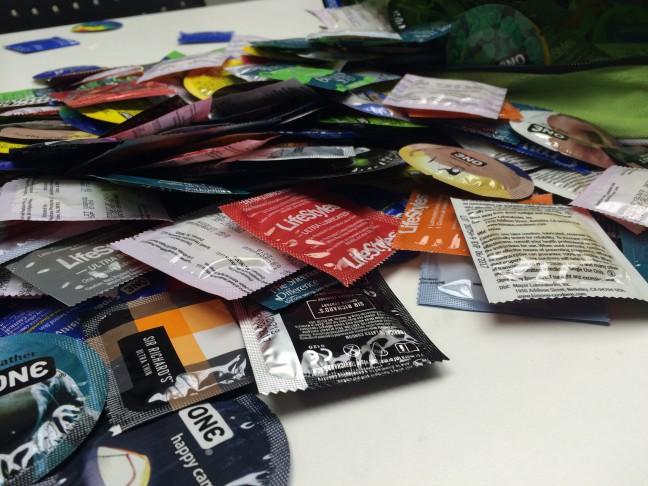It appears at least someone cares about the current state of sex education in American schools and universities, however misguided his means may be.
To the dismay of nearly 300 University of Wisconsin-La Crosse residents and their parents, hall director Jude Legiste sent an email titled “You Gone Learn Today!!” that contained explicit information about the orgasm deficit, The Milwaukee Journal Sentinel and Wisconsin State Journal reported.
Though it’s an important conversation to have, multiple students and parents complained about the “graphic” nature of the email’s contents. While Legiste appeared to write the entire message, the information provided came from a New Zealand activist whose name appeared in small type at the end of the email.
Intended as an introduction to a discussion surrounding gender equality, Legiste wrote “a large majority of women” struggle to reach orgasm from penetrative intercourse alone. Legiste introduced the topic by suggesting it was “time to be honest about something women don’t talk about much: the orgasm deficit.”
It remains unclear as to how Legiste spoke to enough women to arrive at this fact, or why no other genders were ridiculed for insufficient discussion of the orgasm deficit. The body of the email contained various methods for giving successful orgasms, which left some students unfazed and others uncomfortable.
Despite reports of many parents calling for Legiste’s censure, UW-La Crosse Chancellor Joe Gow told the Milwaukee Journal Sentinel that the email isn’t a fireable offense. But, the university placed a letter of reprimand in his file.
Legiste has since sent follow-up emails expressing his regret and apologies, the most immediate of which he sent four hours after the incident.
“What is acceptable in a class about gender studies or feminism, or at a forum students choose to attend, is not acceptable for an audience of students who did not seek out the information and may find it offensive,” Gow explained to the Milwaukee Journal Sentinel.
But why should conversations about orgasm gaps, female sexuality and problematic sex education be limited to gender studies and feminism? The students most in need of such education rarely seek out such opportunities.
That said, sending an unsolicited email about sex acts is likely to rub people the wrong way and perhaps even perpetuate an already pervasive fear of female sexuality in our society. Framing a discussion about female bodies within an aggressive and unsolicited email only serves to attach discomfort to women’s sexuality, a task which American sex education already succeeds in.
I am no stranger to receiving angry emails from parents, but individuals should be permitted to access sex education in the format that makes them most comfortable; this is not likely to be an email from their hall director. Implementing peer-to-peer comprehensive sex education programs and creating spaces for informative conversation is way more effective and far-reaching.














